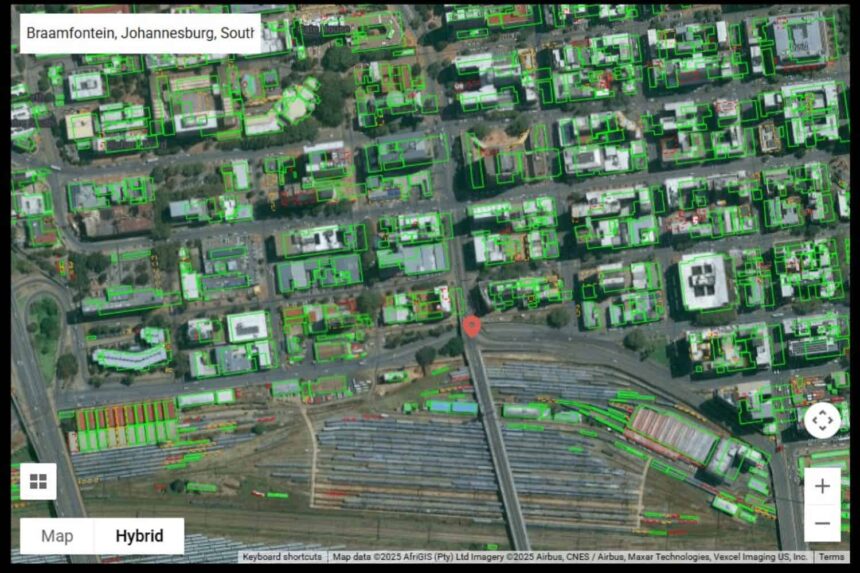Google has introduced the Open Buildings dataset, which maps over 1.8 billion structures worldwide using artificial intelligence (AI) models trained to extract building footprints from satellite imagery. This dataset is proving to be invaluable for various projects aimed at closing service gaps and enhancing community resilience.
During a recent virtual briefing, Google showcased the impact of the Open Buildings dataset on projects in Rwanda, Nigeria, and South Africa. Health planners and climate analysts in these countries have utilized the data to improve their operations and address critical issues.
Taiwo Kola-Ogunlade, Communications and Public Affairs Manager at Google West Africa, highlighted the evolution of the dataset, which now includes building height and temporal data spanning six years from 2018 to 2024. This information is publicly available and has been instrumental in driving positive changes in various regions.
The Open Buildings dataset has been instrumental in enabling organizations and governments to make informed decisions. By providing real-time data on building footprints and other relevant information, the dataset has facilitated better planning and execution of services.
Google emphasized the transition of AI tools across Africa from pilot projects to essential tools for public service. The Open Buildings dataset, developed by Google Research Africa, exemplifies the power of open, locally guided AI in transforming sparse data into actionable insights.
Projects such as flood-risk modeling in cities like Dire Dawa, Kigali, and Johannesburg have utilized the Open Buildings dataset to create exposure maps and mitigate potential disasters. The dataset has also been instrumental in addressing challenges such as vaccine distribution and urban population growth in Africa.
Dr. Aisha Walcott-Bryant, Research Scientist and Head at Google Research Africa, highlighted the positive impact of local expertise combined with scalable technology in addressing real-world challenges. The projects powered by the Open Buildings dataset showcase how AI can drive equitable progress and provide solutions to pressing issues.
The Open Buildings dataset, along with sample code and tutorials, is freely available on the Google website. This initiative reflects Google’s commitment to leveraging AI for the greater good and empowering communities to make informed decisions for a better future.








